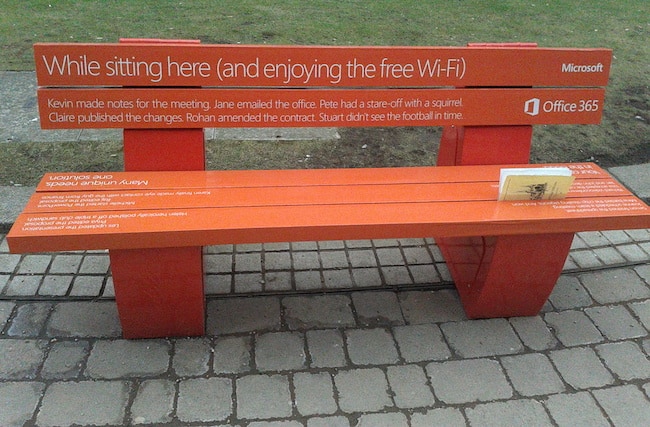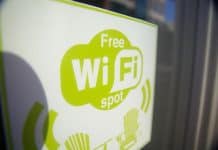
Event Wi-Fi continues to be a big issue for corporate event planners. More often than not, the complaint is about cost, but connectivity and slow speeds are still problematic, especially as the demand for Internet access only continues to increase. If you’re relying on your venue for event Wi-Fi, here are four things to consider to help prevent any Wi-Fi woes at your next event.
- Calculate the Wi-Fi traffic ahead of time. Most attendees and exhibitors will expect some type of Internet access throughout your event, and if it’s a tech event, they’ll expect to be able to connect multiple devices. A basic rule of thumb is to assume that there will be 1.5 devices used per person at an average event, and that could increase to at least 2.5 devices per person at a tech event. Keep in mind, too, that the critical factor is simultaneous connections. You can assume that about half of the attendees will be connected at any given time. Ask: How many concurrent users will each Internet access point support before crashing?
- Check the Internet connection bandwidth during your site visit. For some planners, especially ones with tech groups, this is the first thing they question. Several even use mobile apps such as speedtest.net to determine the bandwidth for themselves while onsite. Typically, you need at least 10 megabytes per second (Mbps) for every 100 users, unless they are working a lot with video, which would require a faster speed. Ask: What kind of Internet line is coming into the venue?
- Evaluate the coverage. It’s also important to ask the distance reach of the Internet access points as well as consider the venue layout itself. High ceilings can affect the delivery of a good signal, and pillars or dividing walls can block radio frequency signals. Ask: Can you mount Wi-Fi access points in specific places throughout the venue to help enhance Internet access, and where would those places be?
- Discuss all costs upfront, and get it in writing. Rental fees for the equipment and the person engineering the Wi-Fi will be incorporated into the charges. Once you know the equipment your vendor will be using, make sure you get an itemized list of the vendor’s estimate, and put the costs in writing. It’s also smart to add a financial penalty into your contract in the event that something goes wrong. Ask: How long will the job take for the engineer, and how will specific fees add up unexpectedly?







